While GST aims to simplify the tax structure, many businesses still grapple with its complexities. At Eazy Startups, we specialize in GST filing and Online GST Registration in India, providing expert assistance to ensure your business remains compliant with ease. Let’s explore how simplifying GST compliances can benefit your business and how Eazy Startups can guide you through this process.
- Understanding GST and Its Importance
- Key Components of GST Compliance
- Benefits of Simplifying GST Compliance
Understanding GST and Its Importance:
GST is a comprehensive, multi-stage, destination-based tax that is levied on every value addition. It subsumes various indirect taxes like VAT, service tax, and excise duty into a single tax, thereby simplifying the tax regime. The primary objective of GST is to create a unified national market, enhance the ease of doing business, and ensure better tax compliance.
Key Components of GST Compliance:
GST Registration:
Any business with an annual turnover exceeding the prescribed limit must register for GST. The process of GST registration can be intricate, involving multiple steps and documentation. Eazy Startups simplifies this process by offering seamless Online GST Registration in India, ensuring that your business gets registered without any hassle.
Invoicing and Record-Keeping:
Under GST, businesses are required to issue GST-compliant invoices and maintain detailed records of all transactions. This includes sales, purchases, and expenses. Proper record-keeping is crucial for accurate GST filing and audit purposes. Eazy Startups helps businesses set up robust invoicing systems and maintain comprehensive records to meet compliance requirements.
Filing GST Returns:
One of the most critical aspects of GST compliance is the timely filing of returns. Businesses need to file various returns monthly, quarterly, and annually, depending on their turnover and other criteria. Missing a filing deadline can result in penalties and interest. Eazy Startups offers expert GST filing services, ensuring that all returns are filed accurately and on time, thereby avoiding any legal repercussions.
Input Tax Credit (ITC) Management:
GST allows businesses to claim credit for the tax paid on inputs, which can be offset against the tax liability on outputs. Proper management of ITC is essential for reducing the overall tax burden. Eazy Startups assists businesses in accurately calculating and claiming ITC, optimizing their tax liabilities and enhancing cash flow.
Compliance with E-Way Bill:
For the transportation of goods exceeding a certain value, businesses need to generate an e-way bill. This document ensures that goods are transported legally and are compliant with GST regulations. Eazy Startups helps businesses understand the e-way bill requirements and assists in generating and managing these bills efficiently.
Benefits of Simplifying GST Compliance:
Legal Clarity and Reduced Penalties:
By ensuring timely and accurate compliance, businesses can avoid penalties, interest, and legal issues. This fosters a sense of legal clarity and peace of mind, allowing business owners to focus on growth and operations.
Improved Cash Flow:
Efficient GST compliance, particularly with regards to ITC management, can significantly enhance cash flow. Businesses can optimize their tax liabilities and ensure that they are not overpaying or facing cash flow constraints.
Enhanced Credibility:
Compliance with GST regulations enhances the credibility and reputation of a business. It demonstrates a commitment to legal and regulatory standards, which can be beneficial in building trust with customers, suppliers, and investors.
Final Words
With the expert assistance of Eazy Startups, you can ensure that your business meets all GST requirements efficiently and effectively. Contact us today to learn more about Online GST Registration in India and how we can support your business in achieving compliance with ease.

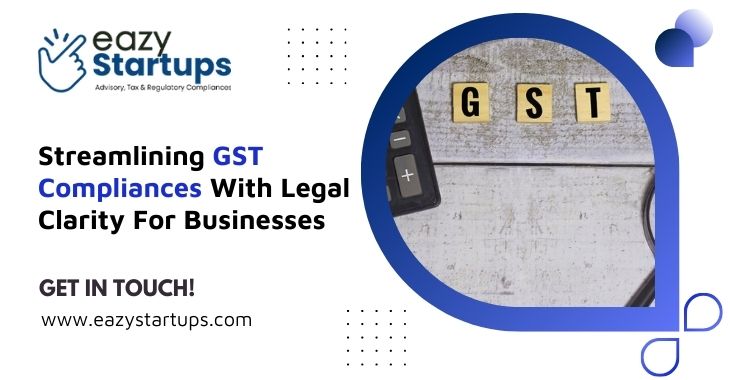
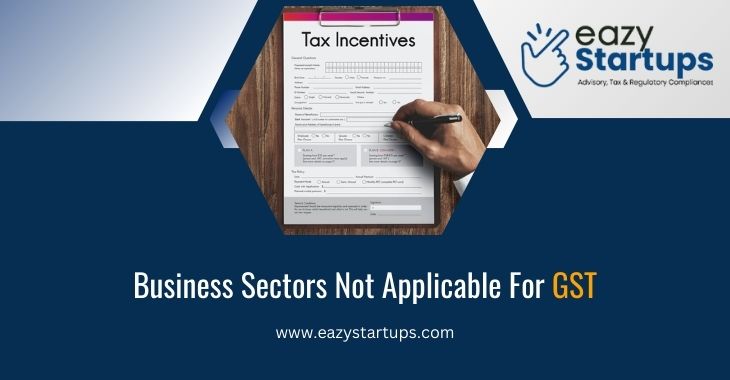
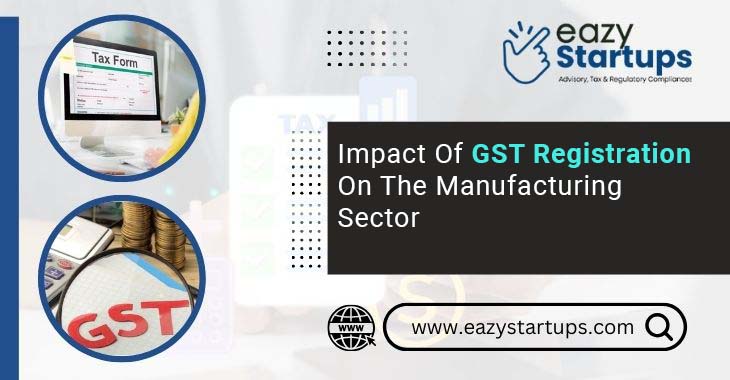
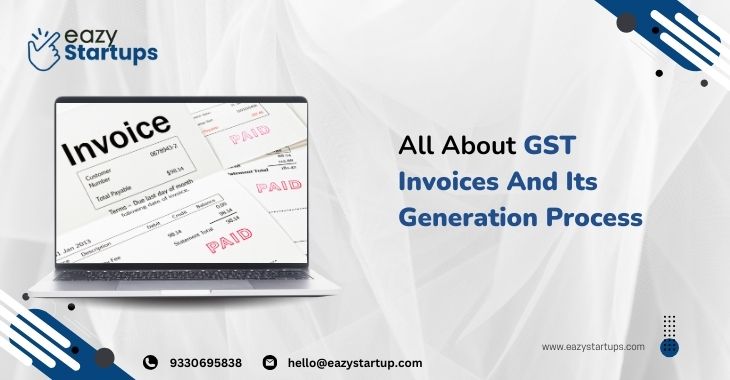
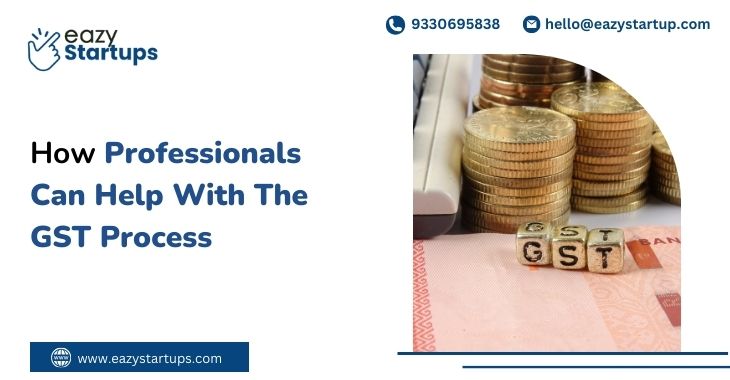

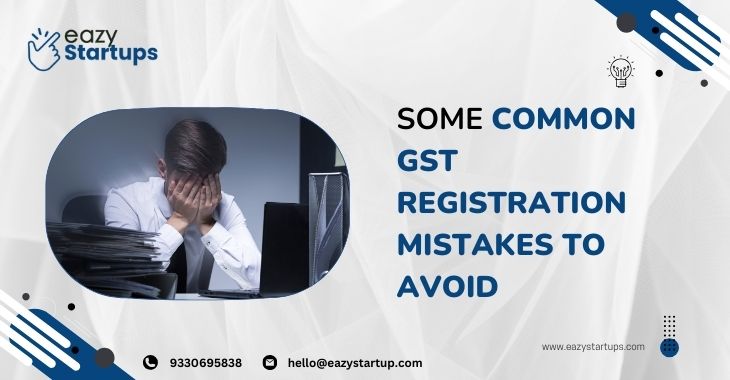

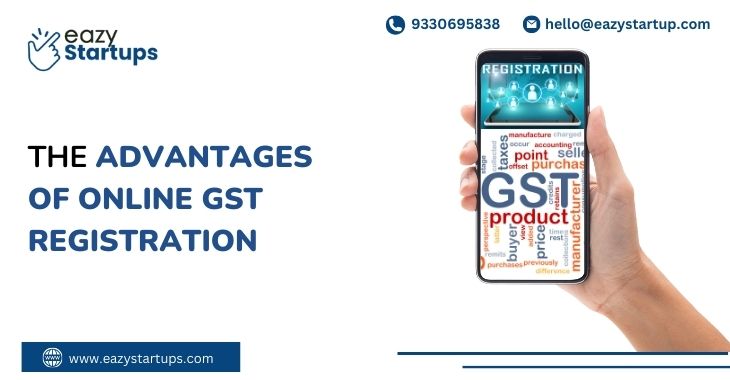
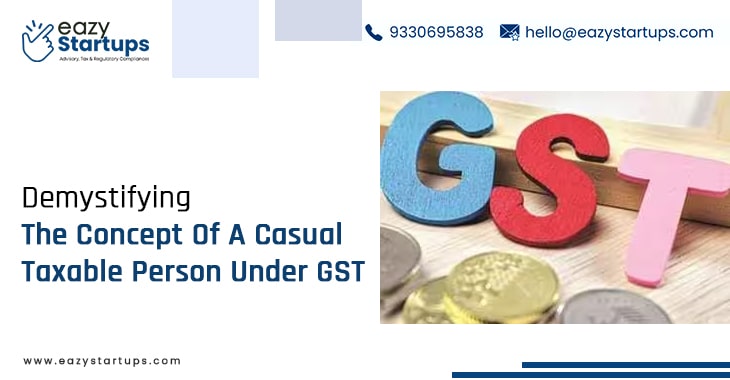
Recent Comments